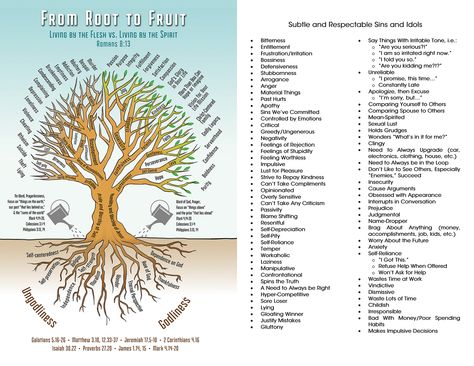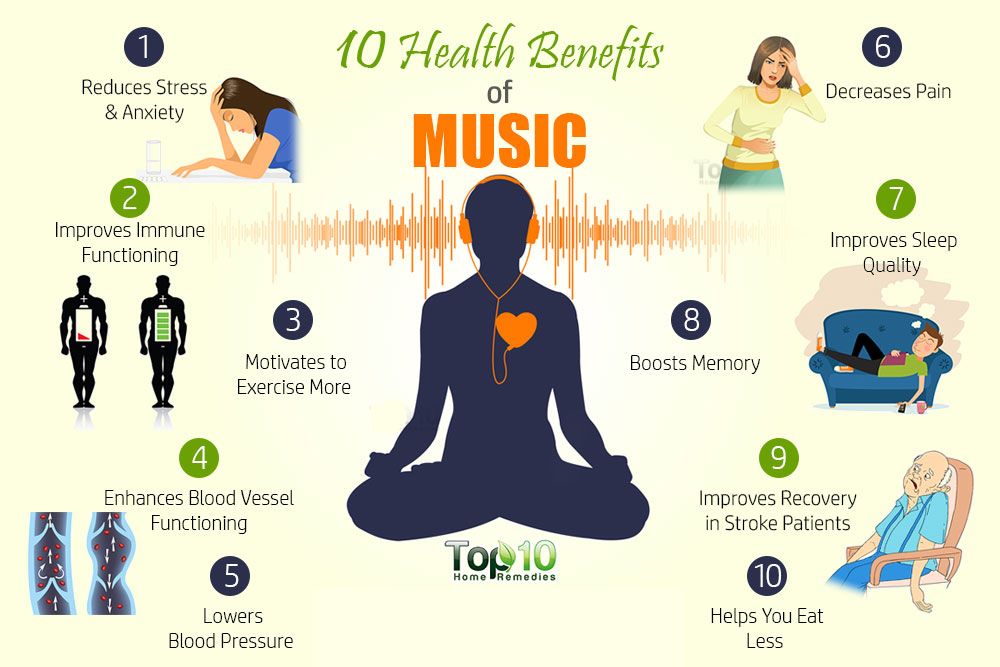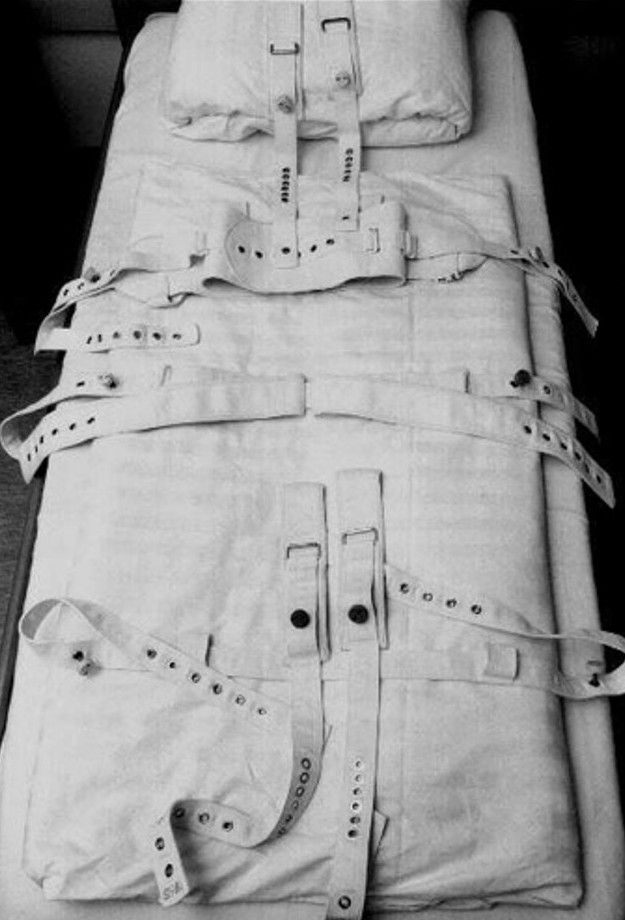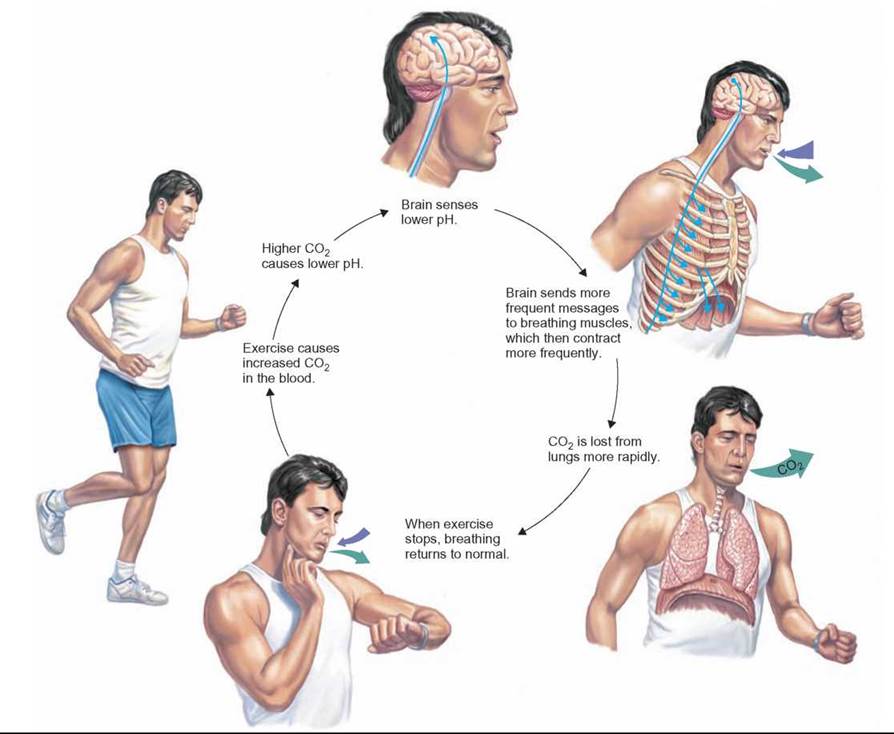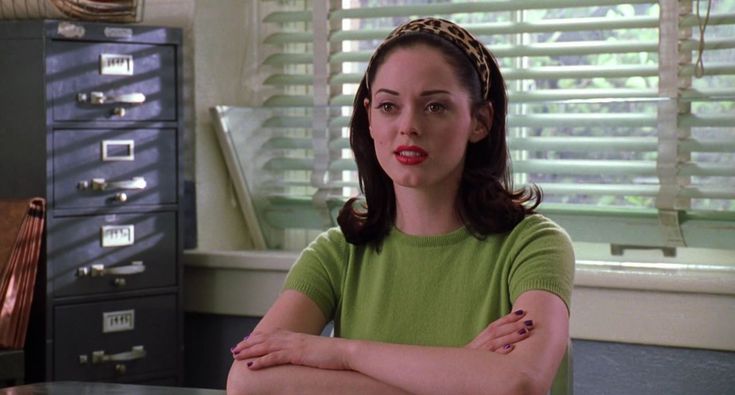Getting to the root of anxiety
How to Identify the Real Cause of Your Anxiety
Understanding where your anxiety comes from may help you find effective ways to manage it long term.
Symptoms of anxiety often have a root cause, sometimes beyond our awareness. Beneath the shakiness, sweaty palms, and queasy stomach may reside a reason you’re hurting, afraid, uncertain, or ashamed.
This root cause of anxiety may be unique to you and your circumstances.
You may get anxious about a final exam because you think you’re incapable. You might feel terrified to ask for help because you grew up in a family that equated support-seeking with weakness. Your social anxiety could stem from a fear that you’re not good enough.
Anxiety is a messenger, says Linda Ugelow, a speaking confidence coach from Bedford, Massachusetts, and author of the book “Delight in the Limelight: Overcome Your Fear of Being Seen and Realize Your Dreams.”
Anxiety may alert you of unresolved conflicts or traumas. In some instances, it may also be a sign of an underlying medical condition that requires professional support.
In any case, symptoms of anxiety can be managed and you can find a way to live more calmly and confidently.
When you experience symptoms of anxiety — feeling overwhelmed and jittery, unable to focus or falling asleep — you might direct all your attention to the physical signs and sensations.
This is natural. After all, these symptoms can be too loud to ignore.
As you instinctively focus on easing your apprehension, you may spend much less time — if any — on naming what’s occurring beneath the surface.
But using anxiety-relieving coping strategies without understanding why you’re anxious can become a Band-Aid or quick fix, says Jennifer Weber, PsyD, a psychologist in Lake Success, New York, and director of behavioral health for PM Pediatrics Behavioral Health.
As a result, you could miss out on the opportunity to resolve the underlying cause.
Working on learning the original root of your anxiety may consist of two processes:
- identifying what you’re really afraid of
- understanding why you’re really afraid of it
This may help you feel empowered, move forward, and make progress.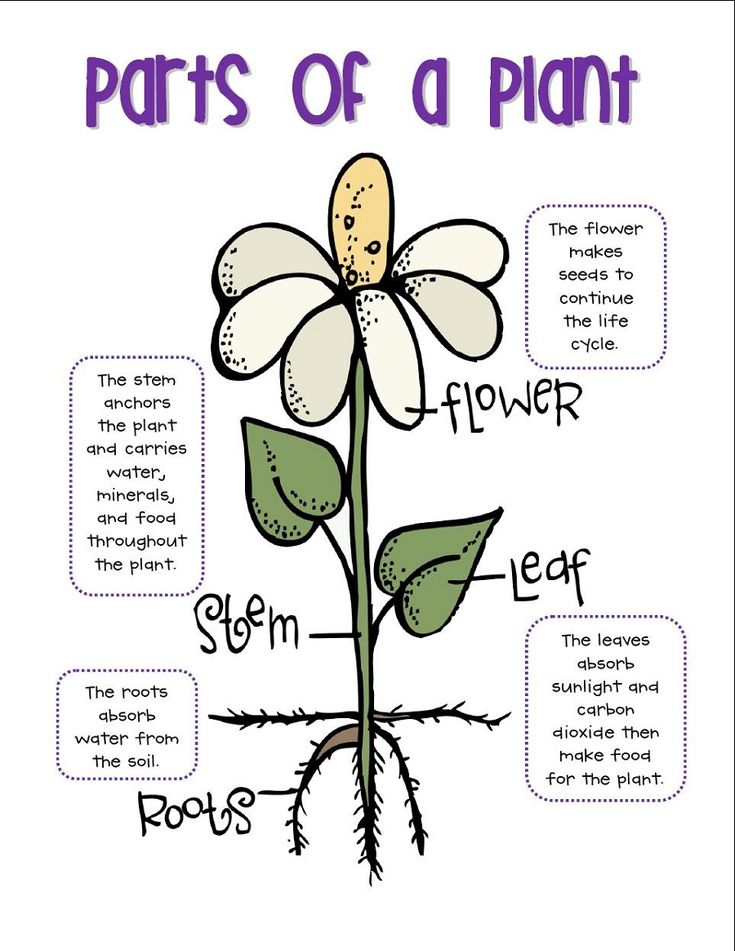
For example, when you realize your Sunday scaries are linked to your fear of not doing a great job at work, you refocus on showing up on time and completing your projects, says Lynn R. Zakeri, LCSW, a therapist based in Skokie, Illinois.
And maybe you further explore your feelings of inadequacy and realize they’re connected to specific past experiences.
This understanding may also help you be gentler with yourself and work more efficiently, realizing you don’t have to earn your self-worth.
Ultimately, identifying anxiety’s origins could help you identify and work on hurtful patterns to build a more fulfilling, freer life.
Exploring the root cause of your anxiety and managing your symptoms may be better done with the support of a mental health professional. It’s highly advisable that you reach out to one that specializes in anxiety disorders, especially if doing these exercises.
Getting to the root of your anxiety starts with managing your current anxiety symptoms so you can think clearly and self-reflect, says Natasha Bryant, a licensed clinical social worker and coach in Philadelphia, Pennsylvania.
To soothe your anxiety, try placing one hand on your chest and the other on your belly, paying attention to when each expands as you breathe in and out, suggests Bryant.
Then, you can grab a notebook and use these ideas to dig deeper into the reasons behind your anxiety symptoms.
Keeping a kind mindsetAs you start exploring your anxiety, remember to listen to yourself as you’d listen to a friend: with compassion, curiosity, and patience.
Consider examining your anxiety with the intention to understand. It might even help to see your anxiety as a separate entity or a younger you.
Either way, try to be gentle with yourself and proceed with care.
Getting acquainted with your anxietyTo begin your self-exploration, it may be helpful to first understand how your anxiety functions.
In your journal, Bryant suggests taking note of:
- when your anxiety happens
- where it happens
- what’s happening at that time physically and mentally
- how long the anxiety symptoms last
“When we can really articulate what we are afraid of […] it becomes a real monster to tackle, not simply this idea of monsters,” says Zakeri.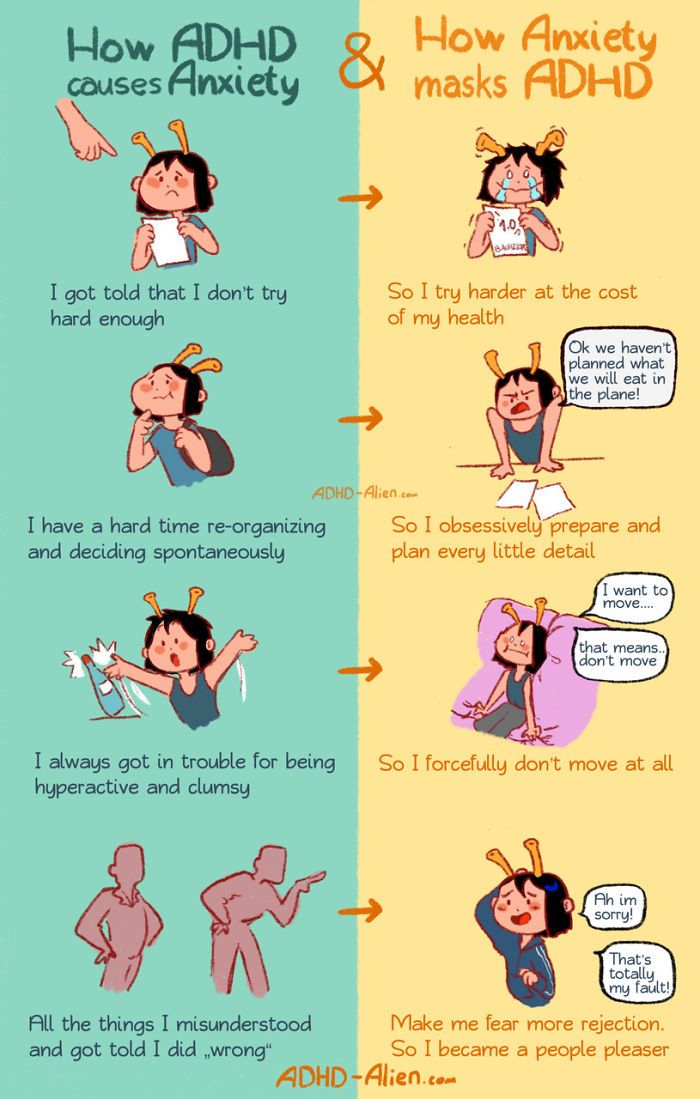
She suggests making a list that starts with the phrase “I am scared of.” As you’re writing, try to avoid judging what comes out, giving yourself full permission to express your fears — even if they sound silly, unfounded, or embarrassing.
Try to write them all, anyway.
Tamar Chansky, PhD, a licensed psychologist in New York City, also suggests asking yourself these questions about each of the listed fears:
- When do I first remember having this fear?
- What was going on at that time?
Another way to isolate your fear is to name the anxiety-provoking situation and keep asking the question, “And then what will happen?” says Chansky, author of “Freeing Yourself from Anxiety” and “Freeing Your Child from Anxiety.”
To stop fixating on your fears, try to fact-check the specific consequences you’re afraid of. Is there evidence supporting this will in fact happen?
After that, consider creating “courage challenges” by doing some of the things you fear, says Chansky. This is an exercise from exposure therapy, an effective approach for treating anxiety.
This is an exercise from exposure therapy, an effective approach for treating anxiety.
To help you connect the dots and find patterns when you’re feeling anxious, try to explore the below questions, suggested by Rachel Dubrow, a clinical social worker in Northfield, Illinois:
- How long has it been since I felt differently than I do now?
- What has changed in my life over the last 3 months, 6 months, or year?
- Are there other times in my life, past or present, where I’ve felt the same way but the situation was different?
- If yes, what are they? Is there a common thread between situations?
Because anxiety can run deep, it may be helpful to reflect on your childhood.
Keep in mind, Ugelow notes, this exploration isn’t about blaming your family or yourself. Instead, you can acknowledge that your loved ones did the best they could with the resources they had and might’ve hurt you with their words and actions.
Ugelow suggests exploring these questions, focusing on your feelings and the details of your memories:
- What were my family relationships like?
- Were there any times that I felt dismissed, shamed, ridiculed, punished, or afraid?
- Did I ever feel like I wasn’t good enough or I was a burden?
- Did I feel like it wasn’t OK to express myself?
The root of anxiety isn’t always psychological. Your habits may spark or provoke your anxiety, too.
Some research suggests that not sleeping enough may increase daytime anxiety, for example. Alcohol use can also worsen anxiety in some people.
To explore your habits, consider asking yourself:
- Has my anxiety or its intensity increased lately?
- Have my habits changed?
- How’s my sleep?
- Have I been drinking more, or feeling progressively worse after drinking?
Another often overlooked cause of anxiety is underlying physiological processes.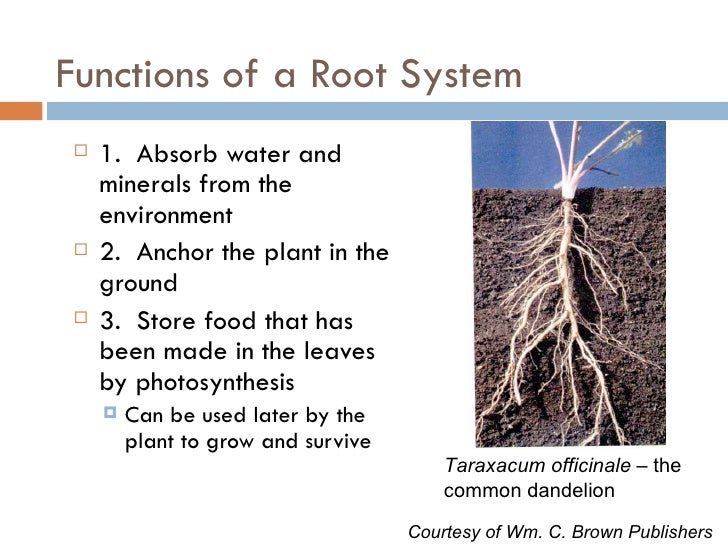 Consider having a checkup and lab work to rule out this cause.
Consider having a checkup and lab work to rule out this cause.
Georgetown University psychiatrist Dr. Robert Hedaya created the mnemonic THINC MED to find physical problems that may be causing anxiety symptoms:
- T (tumors). In addition to anxiety, brain tumors, for instance, can cause hallucinations and personality changes.
- H (hormones). An overactive thyroid gland (hyperthyroidism) and underactive thyroid gland (hypothyroidism) can cause anxiety, along with conditions that affect the parathyroid and adrenal glands.
- I (infectious diseases). Lyme disease, untreated strep infections, and a rare neurological disorder called Guillain-Barre syndrome may lead to anxiety.
- N (nutrition). Deficiencies of certain vitamins and nutrients, such as B12, may cause or worsen anxiety.
- C (central nervous system). A traumatic brain injury, even mild cases, can produce anxiety, as well as neurological conditions.
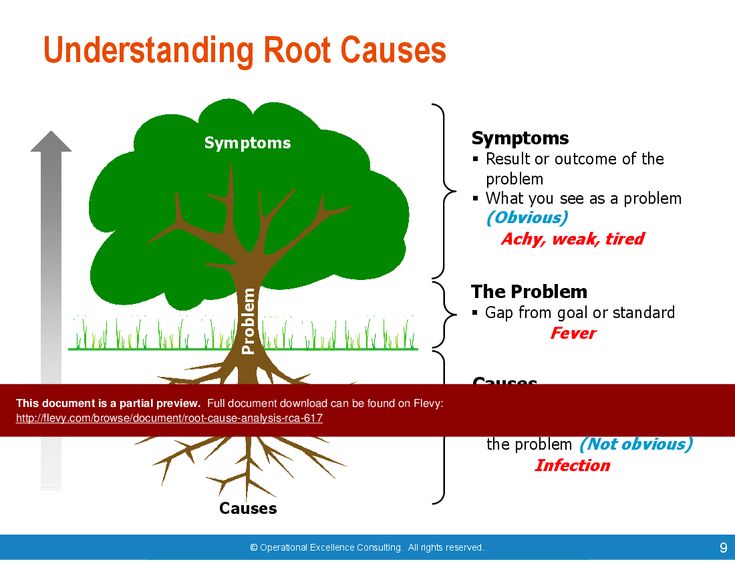
- M (miscellaneous). Anxiety-causing conditions can include chronic headaches, sleep disorders, irritable bowel syndrome, food allergies, and fibromyalgia.
- E (electrolyte abnormalities and environmental toxins). Organophosphate insecticides and certain medical therapies that disrupt electrolytes can lead to anxiety.
- D (drugs). Besides recreational drugs, certain over-the-counter and prescription medications, herbal supplements, excess caffeine, and food additives can cause anxiety.
When living with anxiety, you may naturally just want the symptoms to go away. But using relaxation techniques without getting to the root of anxiety may lead you to miss the chance of learning what’s really going on — and finding long-term helpful solutions.
Recurring anxiety may be a sign of unresolved problems. Focusing on pinning down what you’re really afraid of and exploring why you’re afraid of it can help.
Remember that anxiety is manageable and doesn’t have to be permanent in your life — whether you pinpoint the specific cause of it or not.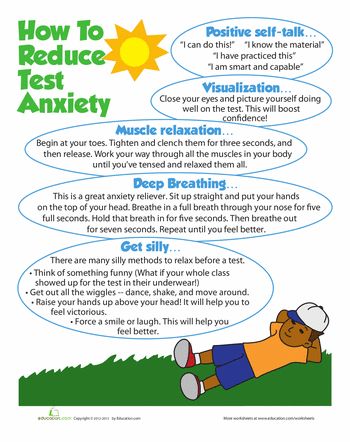 Reaching out for professional support is highly advisable.
Reaching out for professional support is highly advisable.
These resources may help you find support:
- American Psychiatric Association’s Find a Psychiatrist tool
- American Psychological Association’s Find a Psychologist tool
- Asian Mental Health Collective’s therapist directory
- Association of Black Psychologists’ Find a Psychologist tool
- National Alliance on Mental Illness Helplines and Support Tools
- National Institute of Mental Health’s Helpline Directory
- National Queer and Trans Therapists of Color Network
- Inclusive Therapists
The Roots of Anxiety: What Causes Anxiety Disorders?
It’s a normal part of life to go through occasional anxiety. However, if your anxiety is persistent, overwhelming, seemingly uncontrollable, and excessive, you may suffer from an anxiety disorder. Particularly if your anxiety interferes with daily life or you have an irrational dread of every-day situations, you may need help from a psychiatrist who may implement a protocol of therapy in combination with medication to manage symptoms.
Anxiety disorders include:
- Generalized anxiety disorder (GAD)
- Panic disorders and panic attacks
- Social anxiety disorders
- Agoraphobia
- Separation anxiety
- Phobias
OCD, also known as obsessive-compulsive disorder, and PTSD (post-traumatic stress disorder) are related to anxiety disorders and often times come with depression, according to the Anxiety and Depression Association of America.
Digging Deeper into the Cause
With 40 million people experiencing anxiety disorders in any given year, you may wonder where does all the anxiety comes from? There are many root causes, and most of the time, they have to do with our sense of self.
Perhaps you are anxious in the workplace because you don’t trust that you’ll succeed in your goals. Or maybe you’re worrying about final exams because you don’t think you’re capable of pulling off a good grade. Maybe you were raised to be independent and self-sufficient, so that when you encounter a problem at home, work or school, you feel you can’t ask for help. As a result, you try to do it all yourself, even if you’re crumbling inside.
As a result, you try to do it all yourself, even if you’re crumbling inside.
Determining the root cause of anxiety isn’t easy because it’s not always obvious and it often can creep up on us, says PsychCentral. As a result, you may start to feel overwhelmed and exhausted, with an inability to focus or even get a good night’s sleep. You, therefore, begin to focus solely on the physical symptoms and sensations of your anxiety rather than exploring the psychological symptoms.
Questions to Ask Yourself
When you start to dig deeper into the matter, you may find yourself asking – and answering – questions for yourself:
- How long have I been feeling different than I used to?
- What has changed in my life in the last two months, six months, year?
- Are there other times in my life where I felt the same way, albeit in a different situation?
- Is there a common thread here?
Anxiety is complicated, often coming with layers upon layers to reveal before you get at the root cause, which could be anything from insecurity to hunger for control.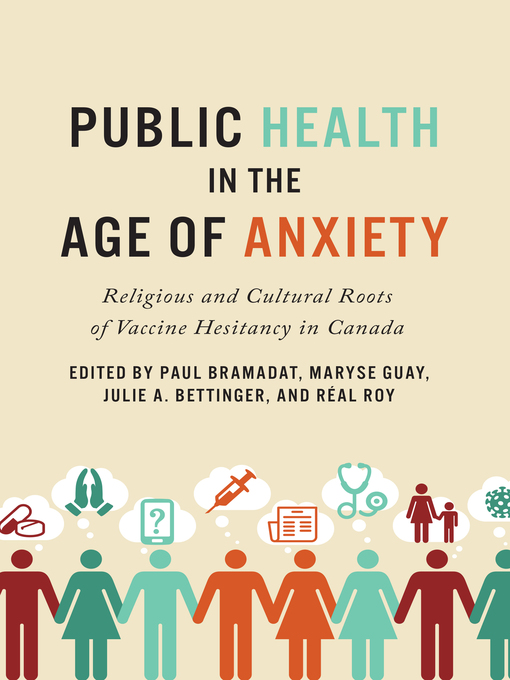 There is a multitude of sources that could be triggering your anxiety, such as environmental factors like a job or personal relationship, medical conditions, traumatic past experiences – even genetics plays a role, points out Medical News Today.
There is a multitude of sources that could be triggering your anxiety, such as environmental factors like a job or personal relationship, medical conditions, traumatic past experiences – even genetics plays a role, points out Medical News Today.
Seeing a therapist is a good first step. You can’t do it all alone. It may be time to explore what lies beneath the sweaty palms, shakiness, butterfly-filled stomach, and tight shoulders. Getting to the root cause will not only help you diminish your anxiety, but you’ll also be better able to truly understand yourself along the way.
Contact Comprehensive MedPsych Systems
Start your search for a qualified therapist with us. Contact us now at one of our many convenient locations to book your appointment.
Read online “The Wisdom of Worry. How to learn to listen to yourself when the heart is not in place, Sheryl Paul - Litres
Sheryl Paul
THE WISDOM OF ANXIETY:
How Worry and Intrusive Thoughts Are Gifts to Help You Heal
Copyright © 2019 Sheryl Paul. This Translation
This Translation
is published by exclusive license from Sounds True, Inc.
Series "Practical Psychotherapy"
© Evgenia Tsvetkova, translation into Russian, 2021
© Design. LLC Eksmo Publishing House, 2021
* * *
Dedicated to my family - Dev, Everest and Asher - these three beautiful and sensitive souls who daily bring rivers of love, kindness, meaning and joy into my life.
Jung noticed that in the modern world, neurosis, the feeling of disintegration of the personality and the loss of the meaning of life, for the most part, result from the isolation of the ego-mind from the unconscious ... If we ignore the inner world, and this is what most people do, then the unconscious will make its way into our lives through pathologies: psychosomatic symptoms, depressions, obsessions and neuroses.
ROBERT JOHNSONDreaming and active imagination.Analysis and use in therapeutic practice and in the process of personal growth
Carl Gustav Jung said that, having the ability to see the psychic trauma of one person or an entire nation, one can find access to their unconscious. In other words, by healing psychic traumas, we come to realize ourselves... In the process of evolution of consciousness, our greatest problem always turns into the richest opportunity.
ROBERT JOHNSONWe: Deep Aspects of Romantic Love
Anxiety is the scourge of our time. According to the World Health Organization, 260 million people worldwide have been diagnosed with an anxiety disorder – and millions more have it without a diagnosis. These figures clearly indicate that we are living in an age of anxiety. This problem concerns everyone, because before the feeling of anxiety, as well as the feeling of loss, everyone is equal: it doesn’t matter how old you are, where you live, how you look, how much money you earn, what is your sexual orientation or what gender you are: in the end everyone will face anxiety in the darkness of the night.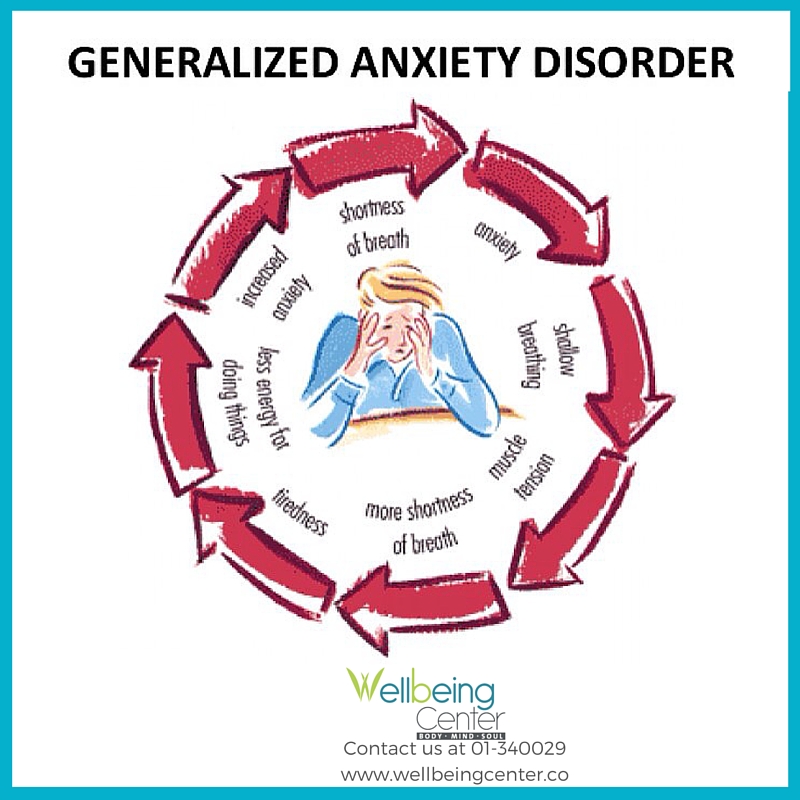
Although the nature of the problem is clear, most people do not know how to deal with it. Guided by Western thinking, which is based on the desire to get rid of pain in all its manifestations, most people view anxiety and its associated symptoms as something that needs to be hidden, denied or eradicated. However, considering anxiety only as a problem and trying to eliminate its symptoms, we thereby drive it deeper, from where it is forced to break through to the surface with even greater intensity, and at the same time we miss the opportunity for the development of individual and cultural self-consciousness.
Anxiety is both a pain and a messenger, and its message is an invitation to wake up. In order to decipher the features of her messages, we must stop being ashamed of our anxiety and see behind it our sensitive heart, our fertile imagination and our soul's desire to achieve wholeness. Anxiety, if you approach it from the standpoint of knowledge, directs you to something deep inside that requires observation, calls you to turn inward and heal, moving to the next level of your development.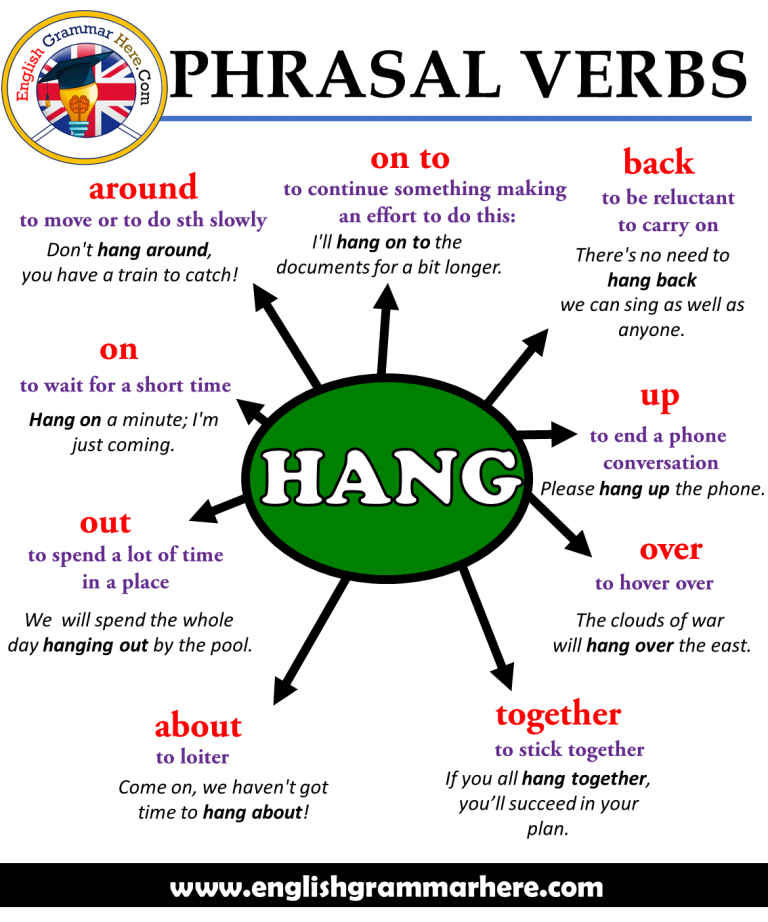
One of the elements that reduces the shame associated with our anxiety is the realization that we are not alone. Bringing the feeling of anxiety back to normal leads to getting rid of shame. Time after time, I hear the same questions from my audience around the world: “What if I marry the wrong person?”; “What if I have an incurable disease?”; "What if I run out of money?"; “What if something terrible happens to someone I love?”; "What if I hurt my child?" All this points to the fact that anxiety is the plague of our time and that we are in the territory of the collective unconscious. Carl Jung [1] coined the term "collective unconscious" to describe that part of the mind that is common to all people; and these thoughts, emerging from the general psyche, point to archetypal themes and images in which anxiety manifests itself: relationships, health, money, raising children, the need for shelter and security. Over the years, my clients have been wary of sharing these thoughts, but because I blog weekly, they know they are not alone. One of the merits of the Internet is that the content of the collective unconscious, which was previously only accessible through dreams and myths, is now more open. You are far from alone with your anxiety, no matter how it manifests itself.
One of the merits of the Internet is that the content of the collective unconscious, which was previously only accessible through dreams and myths, is now more open. You are far from alone with your anxiety, no matter how it manifests itself.
Signs of anxiety come in many forms: restlessness, intrusive thoughts or obsessions, insomnia, somatic symptoms. If we bashfully try to drive them into the most remote, hidden corners of the psyche, they will multiply more and more until we are finally forced to listen to them. As they scream for attention, shamefaced, cultured voices take over and say, “You're broken. You are completely confused. These thoughts and symptoms indicate that something is clearly wrong with you. Don't talk about it. Don't admit it. Try to get rid of it gently, and as quickly as possible.
Viewing anxiety and obsessive thoughts as wise manifestations of the unconscious is a completely different approach, far more reassuring and life-affirming than our culture. Anxiety is the gateway to the Self that craves wholeness. Our symptoms, properly treated, lead us forward. When you face your darkest, most uncomfortable sides with curiosity and compassion, you are transformed and your life expands immensely. I have seen this countless times in my clients, my course participants, my friends, my children, and myself. The same is true for you.
Anxiety is the gateway to the Self that craves wholeness. Our symptoms, properly treated, lead us forward. When you face your darkest, most uncomfortable sides with curiosity and compassion, you are transformed and your life expands immensely. I have seen this countless times in my clients, my course participants, my friends, my children, and myself. The same is true for you.
Brazil:
my introduction to anxiety
There were several turning points in my life that forced me to rebuild my relationship with my soul, when my inner self grabbed me by the ankles and dragged me into its underworld. The first and most powerful event was a panic attack that overtook me at the age of twenty-one, a few months before graduating from college. It was this panic attack and subsequent years of drowning in daily anxiety that shattered my illusion of a “perfect life.” It shattered my illusion of superiority, the belief that I was above suffering, which had been cemented in me by years of immersion in an education system that rewarded me for being smart in school. It shattered my confidence that I had the right answers—or any at all. In general, it nailed me to the ground in every sense - from a rapid heartbeat to a phobia of driving that arose after the first panic attack and nightmares that interrupted my sleep for many years. And yet out of the pain and ashes of my former life, a new one was born, and with it the work of my whole life. This is how our unconscious, acting through anxiety and its host of symptoms, invites us to wholeness: we are broken, we are forced to our knees, we are dragged into the underworld not to torment , or because something is wrong with us, but because there is something right and beautiful inside of us that longs to be seen and known.
It shattered my confidence that I had the right answers—or any at all. In general, it nailed me to the ground in every sense - from a rapid heartbeat to a phobia of driving that arose after the first panic attack and nightmares that interrupted my sleep for many years. And yet out of the pain and ashes of my former life, a new one was born, and with it the work of my whole life. This is how our unconscious, acting through anxiety and its host of symptoms, invites us to wholeness: we are broken, we are forced to our knees, we are dragged into the underworld not to torment , or because something is wrong with us, but because there is something right and beautiful inside of us that longs to be seen and known.
The seeds of my panic attack were sown the year before and were closely related to a trip to Brazil during my first year of college. I never planned to go to Brazil. Because I spoke Spanish in high school and college, I always wanted to go to Spain. But then I suddenly got “bitten by a Brazilian fly”: in the summer, after finishing my first year of college, I went to a Brazilian dance course and got hooked. I danced all summer. I danced for the next year and immersed myself in Brazilian music. At one point, I changed my plans and decided on an experience that changed my whole life.
I danced all summer. I danced for the next year and immersed myself in Brazilian music. At one point, I changed my plans and decided on an experience that changed my whole life.
In January 1990, instead of taking a plane to Spain, I flew to Salvador, Brazil, where I was immediately brought down to earth when my fantasies had to face harsh reality. In an instant, I was torn from my carefree life of the upper middle class and thrown into the hell of a life that I never, in any way, knew. I lived in favelas [2] where snail-sized cockroaches lined the floor and ceiling in such numbers that the white paint looked black; I witnessed how a man was shot during the carnival; I daily passed by pools of fresh blood in the streets; I almost drowned in the rip current [3] ; I had a hard time finding anything healthier to drink than guarana drinks [4] (essentially water with sugar). For several months, I ate what seemed to be peanut bars bought from roadside vendors, only to find out at the end of the trip that they were actually shrimp bars that had been in the hot sun all day.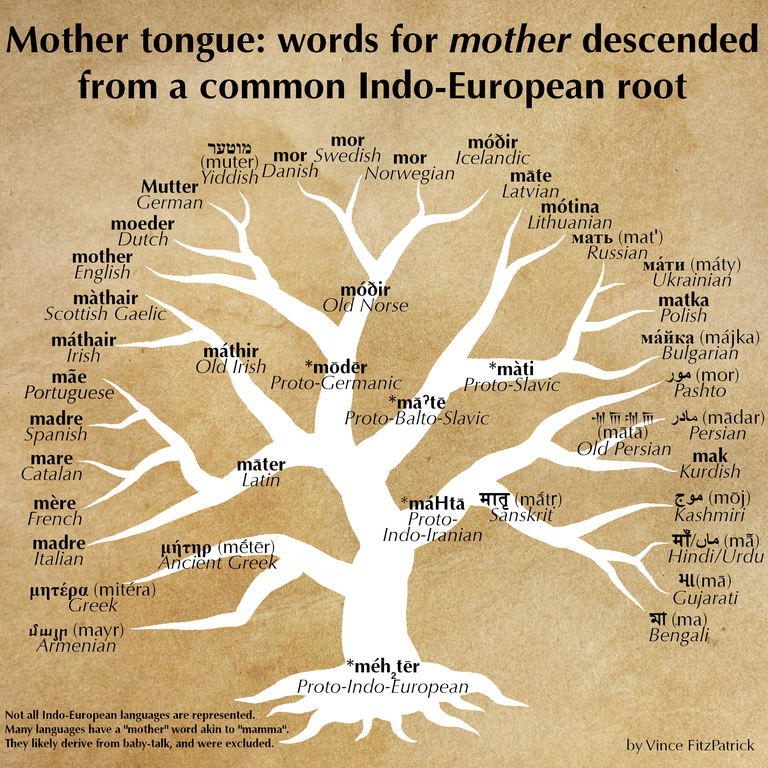 I was completely overwhelmed - physically and spiritually.
I was completely overwhelmed - physically and spiritually.
These four months have been a nightmare for me, but at the same time forced me to follow the breadcrumbs of panic and anxiety to my true self. Some people go through ancient initiation rituals in the forest, some go through health, relationship or faith crises. My initiation happened in Brazil. And now, looking back, I clearly see that invisible forces pulled me to Brazil: dances, music - something Unnameable led me there. Impulsivity was not in my nature, but then nothing could stop me. I had to go. I had to open up. My life as I knew it—that somehow suffering had no power over me—had to be shattered so that my identity could emerge through pain and be healed.
We all face something that cuts us to the core at one time or another. One of the major flaws in our culture is that we take everything at face value and fail to see the clues that hold the keys to healing. When a client comes to me convinced that he has cancer - and it doesn't matter that the test is negative - it takes time to silence the ego, which has already made up a plausible story, and finally get to the true source of the experience. If we continue to cling to this story, which usually looks like a search for endless comfort, then we will not get out of the state of anxiety. But if we can crack open this story, we can see that the fear of cancer indicates, for example, the need to be more tolerant in the face of the unknown and explore the metaphor of "corroding" a person from the inside - and then shifts will begin.
If we continue to cling to this story, which usually looks like a search for endless comfort, then we will not get out of the state of anxiety. But if we can crack open this story, we can see that the fear of cancer indicates, for example, the need to be more tolerant in the face of the unknown and explore the metaphor of "corroding" a person from the inside - and then shifts will begin.
In my history, the problem was not in Brazil. It took me years to realize that Brazil was just a screen onto which my own raw shadow was projected - the pain, fear and trauma that I had accumulated over twenty years. Since Brazil bore my shadow, I could not see its beauty - I saw only the horror and despair that lived inside me and was reflected in my surroundings. And it took a panic attack while driving down the 405 freeway in Los Angeles for the shadow to rise to the surface where I could finally see it, work with it, and heal.
The next ten years after my twenties were both painful and transformative. In my early twenties, I enrolled in graduate school in depth psychology [5] , which helped me view my anxiety through the lens of Jungian theory, which understands that symptoms are messengers from the unconscious, inviting us to grow and find wholeness. In my early twenties, after working with a series of mediocre therapists, I ended up on the couch with a brilliant man who guided me through anxiety and helped me navigate my inner landscape. I read avidly about transformations and wrote my first book, The Conscious Bride " who explores the dark side of the wedding ceremony. I started working with clients going through their own transformations, especially in relationships, and helped them understand the invitations and metaphors of their stories.
In my early twenties, I enrolled in graduate school in depth psychology [5] , which helped me view my anxiety through the lens of Jungian theory, which understands that symptoms are messengers from the unconscious, inviting us to grow and find wholeness. In my early twenties, after working with a series of mediocre therapists, I ended up on the couch with a brilliant man who guided me through anxiety and helped me navigate my inner landscape. I read avidly about transformations and wrote my first book, The Conscious Bride " who explores the dark side of the wedding ceremony. I started working with clients going through their own transformations, especially in relationships, and helped them understand the invitations and metaphors of their stories.
None of this would have happened without Brazil. For years I regretted this experience until I finally realized that Brazil was the way my soul made me grow. It was not a mere accident, and your life is not accidental either: all your anxieties, your wounds, your failures and your traumas are not accidental. In fact, the great sages teach that there is a seed of healing at the center of every injury, which means that your biggest challenge in life will also be your biggest power. When I look back on my past, I understand that it was through the Brazilian experience that my inner world made itself felt. Anxiety and panic were the gates that led me to get rid of pain, to peel my personality from the husks in order to become closer to my true self. Anxiety is your gate too.
In fact, the great sages teach that there is a seed of healing at the center of every injury, which means that your biggest challenge in life will also be your biggest power. When I look back on my past, I understand that it was through the Brazilian experience that my inner world made itself felt. Anxiety and panic were the gates that led me to get rid of pain, to peel my personality from the husks in order to become closer to my true self. Anxiety is your gate too.
Through Anxiety:
Roadmap
This book takes you step by step through the necessary mental attitudes and tools to help you transform your relationship with anxiety so that you can break free from its grip and learn to decipher its messages.
In part 1, I will give a clear definition of anxiety and its symptoms, as well as formulate the origins and causes of anxiety. I will talk about the three pillars that enable a vulnerable soul - and many years of experience working with thousands of people allowed me to see that we are all vulnerable in one way or another - to successfully move through life.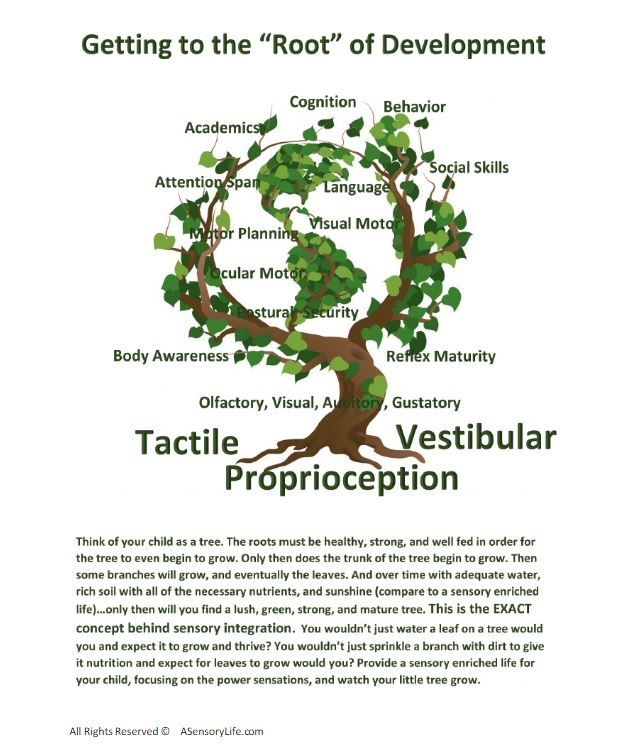 These three pillars are: understanding who you are and how you are; understanding that the transitions in our lives are critical points that can either cement or remove layers of anxiety; and the basic tools—curiosity, compassion, calmness, and personal responsibility—that will enable you to transform anxiety from a burden into a gift. I will also talk about the most difficult obstacle that comes up every time we start moving towards healing - resistance.
These three pillars are: understanding who you are and how you are; understanding that the transitions in our lives are critical points that can either cement or remove layers of anxiety; and the basic tools—curiosity, compassion, calmness, and personal responsibility—that will enable you to transform anxiety from a burden into a gift. I will also talk about the most difficult obstacle that comes up every time we start moving towards healing - resistance.
In Part 2, I will take you through the four realms of the Self—body, thought, emotions, and soul—so that you can decipher the messages in each one. My work is based on a holistic approach: unlike most other techniques that look at anxiety from a physical (somatic practice), emotional or psychological (some types of talking therapy) or cognitive (behavioral therapy and most talking therapy) perspectives, my approach embraces all three of these areas plus the fourth - our soul. Because I don't see anxiety as something to get rid of, but as a call for healing, Part 2 will help you understand that anxiety is a messenger that points to unmet needs and unhealed wounds in all four of these areas.
In Part 3, I will talk about how anxiety manifests itself in our relationships with friends, partners, and children. Our culture has the misconception that fear and love are mutually exclusive, failing to understand the paradoxical nature of love in all its forms, and so when anxiety appears in our relationship, it's easy to believe that something is wrong. Part 3 undermines that belief and replaces it with a model that upholds healthy family values and prevents shame and anxiety from tearing the fabric of our most sacred and meaningful relationships.
In each section, I will share stories from my clients and moments from my own life that illustrate how to dive into the abyss of anxiety and tap into the sources of wisdom it offers. The structure of my book is not linear, but spiral, meaning I will mention grief in the chapter on transformation and transition, and I will refer to transformation and transition when talking about grief. Contrary to cultural beliefs, learning is not linear, but follows the circular, spiraling rhythm of the soul. This book, although divided into chapters, also follows this rhythm.
This book, although divided into chapters, also follows this rhythm.
Throughout this book, I will offer both 'on-the-spot' anxiety healing practices and deep dive practices. On-the-spot practice is action you can take anytime, anywhere: in a meeting, in an elevator, on a plane, at a party, in bed at night. They won't cure anxiety in the bud, but they will help you get through the peak of your anxiety, as well as reduce your overall anxiety a bit so you can go deeper into the practice.
Deep diving practices allow you to completely heal anxiety and decipher its messages. These are the practices that I encourage you to do every day, preferably in the morning right after waking up (before picking up your phone) and in the evening before going to bed. As you read this book, you will gain a lot of information about the roots of your anxiety, and this information will most likely turn into your personal insight at some point. Write down those “aha!” moments. as they appear, either in the margins of this book or in the diary.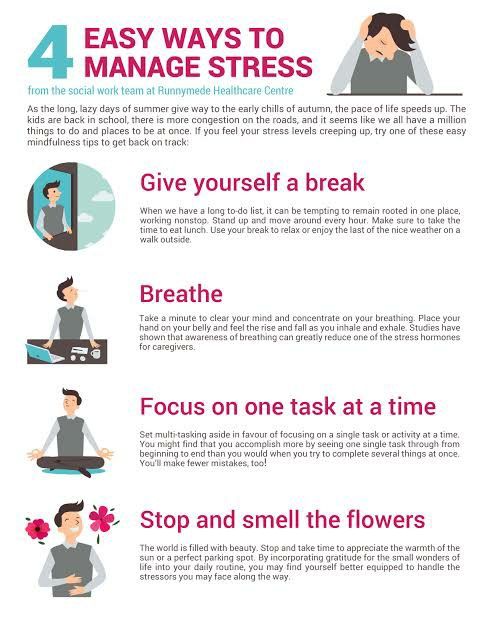 Then use these insights as a springboard for regular deep diving practice. Insights are very important, but it is action that ingrains insight in your body and heart and brings about change. The formula is simple: understanding + action = change. If you want to get rid of anxiety, then practice is the key to success.
Then use these insights as a springboard for regular deep diving practice. Insights are very important, but it is action that ingrains insight in your body and heart and brings about change. The formula is simple: understanding + action = change. If you want to get rid of anxiety, then practice is the key to success.
While all tools are meant to be practiced on their own, the inner workings will be infinitely more effective under the supervision and guidance of a professional. Thus, if you are not currently in therapy, I recommend finding a therapist to walk this path with you. Since the beginning of time, people have sought advice from mentors and shamans, religious figures and gurus, and for many modern people, therapists fulfill this role. We are not created to comprehend life alone. Also, feel free to share this book with your therapist. While they certainly have their own model from which to work, good therapists are always open to learning new approaches and tools that can help their clients, and perhaps themselves, grow and heal.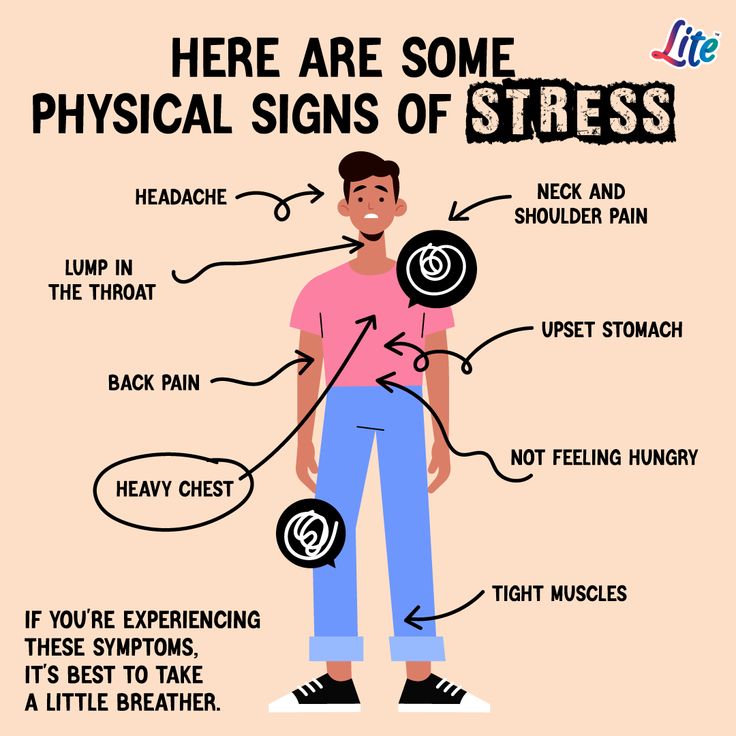
Key Terms
To decipher the messages of anxiety, you need to understand the pathways through which it manifests itself, so I will define terms here that you will encounter throughout this book.
Soul. Our founding principle. Jungian theorists call the soul the "Self" with a capital letter, also another word for the unconscious. We most closely interact with this aspect of ourselves through dreams and symptoms, and it is this inner guide that provides us with the symptoms through which it tries to bring us back into line with our essence and which we will discuss throughout the book: anxiety, anxiety, obsessive thoughts. , insomnia, psyche - another term for the soul. In fact, in Greek mythology, Psyche is the goddess of the soul.
Spirit. A binding energy or source that is both inside each of us and outside of us. We connect with the spirit most often through creativity, imagination, nature, meditation, art, animals, and prayer.
We feel the spirit at the birth of a child, at weddings, standing at the roots of a giant sequoia or on the ocean. Some people connect with spirit in a religious context, others do it in ways that have nothing to do with traditional religion. Joseph Campbell describes it as "the generating energy of life that is within you and all that exists." In its simplest definition, spirit is the same as love.
Ego. The ego (which means "I" in Latin) is that part of us that is aware and of which we are aware. As Robert Johnson writes in Inner Work:
“When we say 'I', we mean that small sector of our being that we are aware of. We assume that the "I" contains only that personality, those character traits, those values and attitudes that are on the surface, in the ego's field of vision and accessible to consciousness. This is my personal, very limited and highly inaccurate version of who "I" am."
The ego is our conscious self, a necessary and healthy part of our psyche, which also includes other fear-based parts.
The ego includes both our conscious aspects—the ability to think, feel, reflect, plan, and embody—and that part of us that is so comfortable with what we know (conscious perception) that it resists the unknown of the unconscious. When we believe that we are only our consciousness (Ego), we lose touch with the guiding principle of our life - the soul (unconscious).
Resistance. The ego is made up of many elements, including resistance, the part of us that is afraid to grow because of the fear of change. Resistance clings to the status quo and often manifests as laziness, inertia, numbness, and fear. In order to use the gifts of anxiety and rise to the next level of consciousness, we must overcome resistance. The paradox of the ego is that it simultaneously resists growth and seeks to establish a relationship with the soul. In part, the tension of human existence is connected precisely with this paradox.
Individuation. In his book The Inner Work, Robert Johnson explains: “The term 'individuation' was Jung's term for the lifelong process of becoming a full-fledged human being, which, in fact, a person should become.
Individuation is our awareness of our complete self.” The process of individuation involves getting rid of those features of our personality that we have absorbed in the process of growing up, but which do not correspond to our true nature.
For example, a child becomes a doctor for the sake of his parents, but deep inside he has a passion for communicating with animals. Through the process of "opening up" through anxiety or during transformation, he will be able to get rid of the need to please his parents, which will allow him to get closer to his true self. As we will see later in this book, each time we consciously go through a transformation, we have the opportunity to shed a layer of our mental attitudes, habits, beliefs, and intergenerational patterns that we no longer need. Anxiety and its attendant feelings during transformation and other periods of life are signs that point us in the direction of the path of individuation.
Anxiety is the bridge connecting the ego with the soul, the conscious with the unconscious; and when we learn to use the wisdom of anxiety, the messages and richness of the unconscious can fill and expand our conscious life.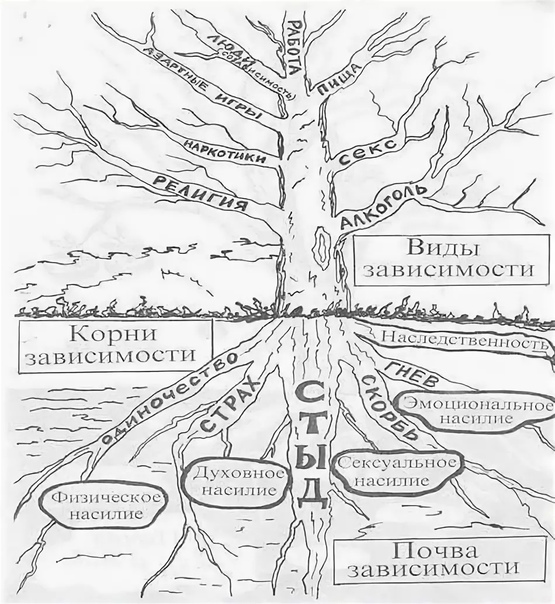
Do you wake up with anxiety? Psychological advice on how to deal with it
- Author Alexia Zahariu
- 775
It has happened to all of us at times that when we are going through intense periods of stress, we do not sleep well or wake up in the morning and are already stressed out.
To a greater or lesser extent, this condition is not a cause for concern, but it is something that we all experience from time to time, and usually it goes away when daily life gets better. But what happens when morning anxiety and insomnia are chronic ? Then everything changes. In all likelihood, not only is the stress of everyday life the cause of our anxiety, but the problem lies in something deeper that prevents us from relaxing. Before we summarize and talk about Anxiety Disorder, we need to take a close look at what upsets us and thus get to the root of the problem.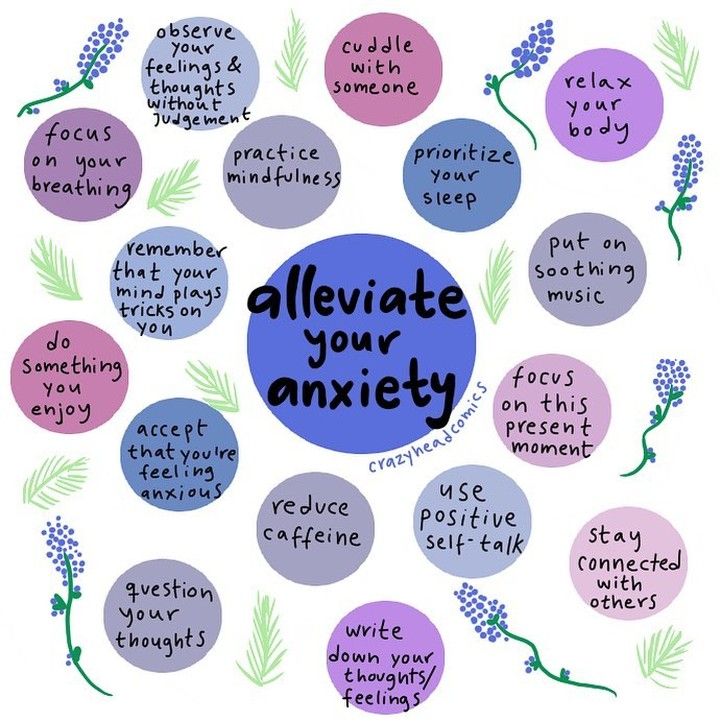
Cortisol , or stress hormone, is an important factor influencing morning anxiety. Studies show that stressed people have very high levels of cortisol in the morning, indicating the source of the problem.
Anxiety and fear
Often the anxiety we feel may not be reflected in reality. On the contrary, it may be due to internal fears that have been chronically overlooked, such as the fear of being alone. Overthinking such fears causes stress and therefore reduces our quality of life by forcing us to be on our toes 24 hours a day, 7 days a week.
If our fear is how we will get through the day with each micro-commitment, then stress is likely to decrease throughout the day as we naturally move towards the desired outcome. If we tend to obsessively fill our lives with obligations so that we don't have time to think about what worries us, then most likely the stress will only increase, as a result of which at some point it will "suffocate" us.
Insomnia and anxiety
Insomnia is one of the most serious disorders of the 21st century. In fact, morning anxiety is usually associated with insomnia. Before going to bed, the ultimate goal is to leave the brain alone to rest. But if, before going to bed, we begin to think, plan, analyze how the day went and what will happen tomorrow, we do not let him calm down, and therefore we cannot fall asleep.
To reduce anxiety when you wake up, experts advise writing down what worries you in a notebook . Therefore, before going to bed, pay attention to what is bothering you or causing discomfort, and let it go, relax.
Also put your mobile phone down at least an hour before bedtime, have a warm drink or read a book. If you can't get to sleep, get out of bed and try to sleep elsewhere. It is not recommended to toss and turn in bed, because you associate it with insomnia.
What do we do in the morning?
If the evening "preparation" isn't enough for you to get a good night's sleep and wake up easily in the morning, try adding activities such as meditation or exercise to your morning routine. If you still don't see the difference, it matters Seek professional help .
If you still don't see the difference, it matters Seek professional help .
Negative thoughts
People who suffer from anxiety have negative thoughts every morning, which increases stress. Experts advise practicing "letting go." Usually, when you think “what if”, change your mindset dramatically. Realize that you cannot control everything. Challenge negative thoughts and counter them with positive ones (affirmations)*.
** Affirmation (from Latin affirmatio - affirmation, confirmation) - an affirmative (positive) judgment. In popular psychology, an affirmation is a positive statement, a short self-hypnosis phrase that creates the right psychological mood.
Read Athens news on Google News (click 'Subscribe')
Tags: psychological help, dream, anxiety, neurological diseases, neurological consequences, psychologist,
Athens News asks for your support!
Dear readers, before the outbreak of hostilities in Ukraine our publication existed mainly due to advertising , mostly from Google.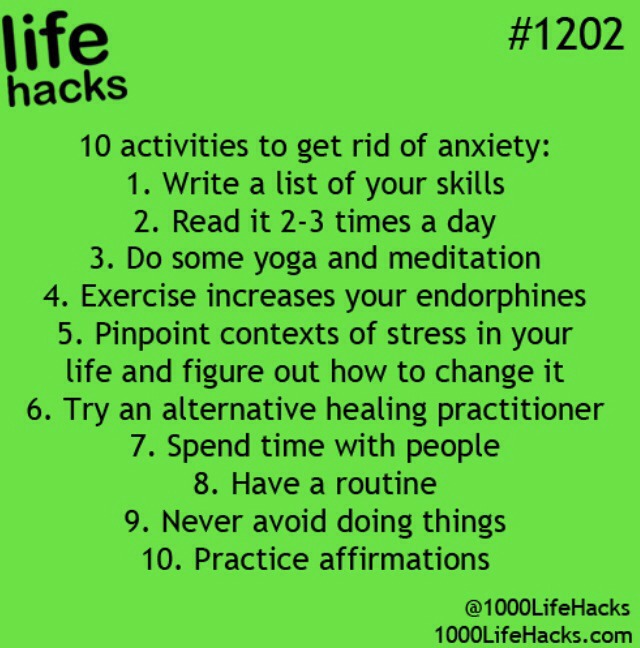 However, due to the war in Ukraine and the sanctions imposed against Russia, Google disabled monetization for users from the Russian Federation, as a result of which we lost more than 50% of revenue, which put us in a rather difficult situation.
However, due to the war in Ukraine and the sanctions imposed against Russia, Google disabled monetization for users from the Russian Federation, as a result of which we lost more than 50% of revenue, which put us in a rather difficult situation.
Please, if possible, donate to our publication any amount that is feasible for you.
We have created a special PayPal account for this.
You can pay for the subscription using QR code:
Or by clicking on this button:
You can also transfer your donations to our bank accounts by specifying "Οικονομική βοήθεια" (Financial help) in the purpose of payment Considering that Greek banks charge a fee of 3. Thank you for your help. ⇓ More info ⇑ Collapse
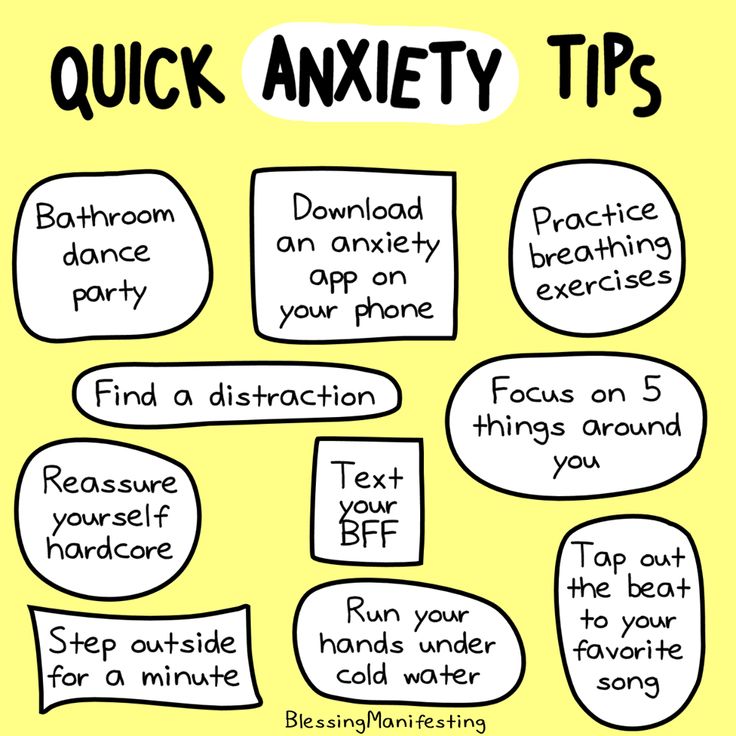 5 euros for transfers from other banks, please do not transfer from other banks an amount less than 3.5 euros , otherwise it will go into negative.
5 euros for transfers from other banks, please do not transfer from other banks an amount less than 3.5 euros , otherwise it will go into negative.
Last modified on Wednesday, November 30, 2022 04:26 PM
Top- Drones made in Greece: a promising new market in Greece
- Tourism: investing in Greek hotels
- April 5 premiere of "Easter Basket"
- From April 4, the Athens-Thessaloniki railway route is being restored
- Cyclone "Ilina": an emergency message about the extreme deterioration of the weather
- Chania: the first charter flight in the new tourist season
- Volos: a father who beat a young son sued .
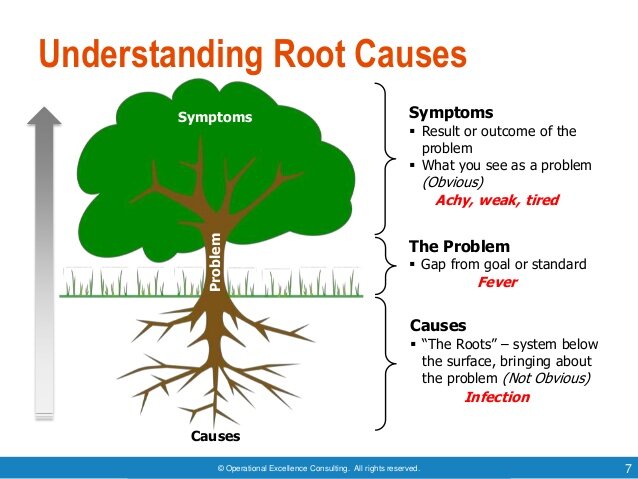 .. a neighbor-witness
.. a neighbor-witness - The court sent the rector of the Kiev-Pechersk Lavra under house arrest (video)
- 63-year-old Cretan arrested for causing fire
- The target of 2 arrested Pakistani terrorists was not 1 restaurant in Athens, but 4 (video)
- Lukashenka on LGBT representatives in government and assessment of their work
- Elections in Turkey: what will happen to the agreement on migrants
- Stay away from Amsterdam, city authorities warn
- Elite hammam opened in Piraeus: purification of soul and body
- Free chipping and vaccination of dogs
- Digital pulmonologist: in one "click" answers to the most frequently asked questions by patients
- New food price increase from Monday
- Easter in Mani: pristine beauty, ancient history and folk customs
- "Gray hair in the head, demon in .
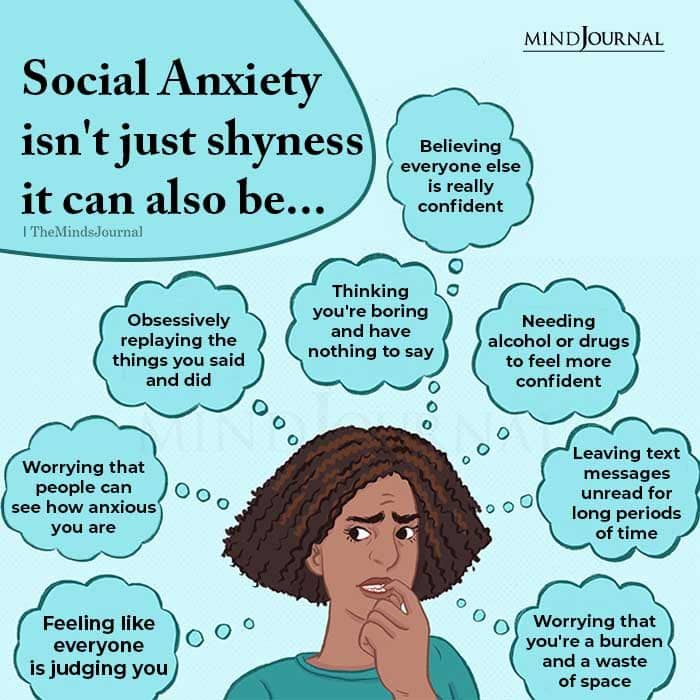 .."
.." - Drama: A foreign man cut off the ears of a stray dog
- Trial of ex-President of Kosovo Hashim Thaci begins in The Hague
- Mass brawl of minors in Agios Dimitrios
- USA: from "panic rooms" to arming school teachers
- To Australia from Europe in... 4 hours
- Switzerland: Two trains derailed, at least 12 injured
- In Greece, commercial stores will remain open at night
- Easter 2023: Store opening hours
- K. Mitsotakis: “We want immigrants to come to Greece to work, but in an organized way”
- April 3 stop of buses and trolleybuses in Athens
- 4.8 magnitude earthquake off Kythnos
- "Factory" for the transportation of migrants to the "west" with a profit of more than 9million euros
- Americans first spoke about the need for territorial concessions to Russia from Kyiv
- British intelligence: "North Korea is sending hundreds of thousands of troops to Ukraine"
- Chinese leader Xi Jinping on agreement with Russia: “Getting ready for war!”
- Robert Kiyosaki: "The next bank to fail will be Japan!"
- Eurobank's CDS is growing rapidly, despite government assurances that "everything is in order with the banks"
- Russia now has less foreign debt than Greece
- "Rocket wars" in Chios are asked to be banned
- "Crazy weather": frequent changes in air temperature and African dust
- Eurostat: Greek inflation at 5.
